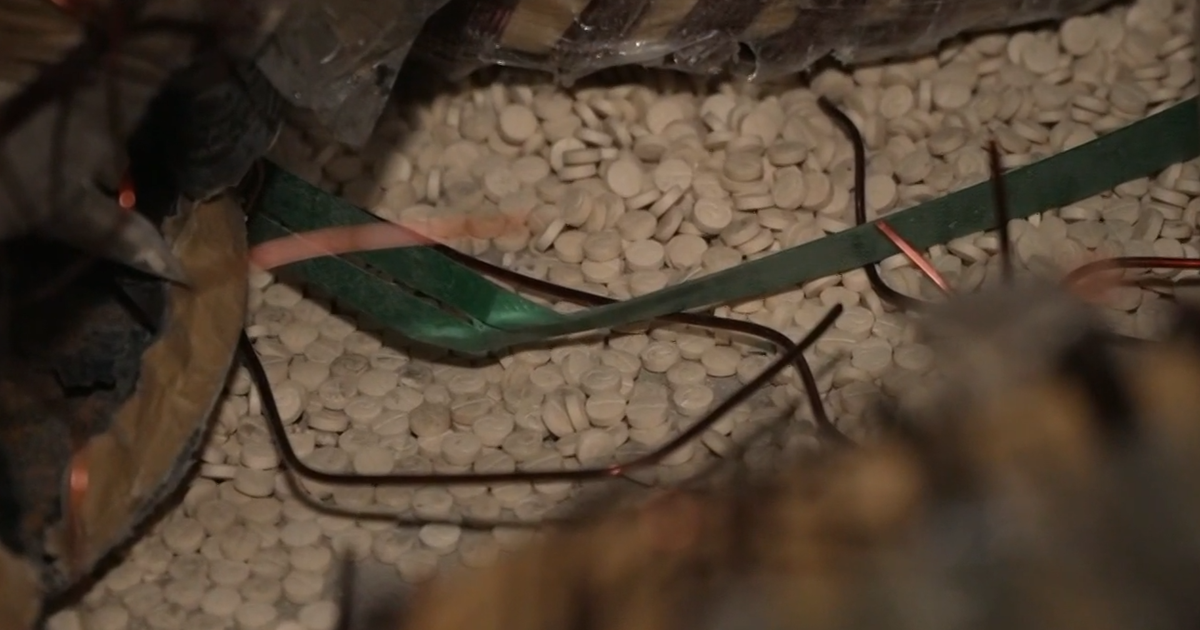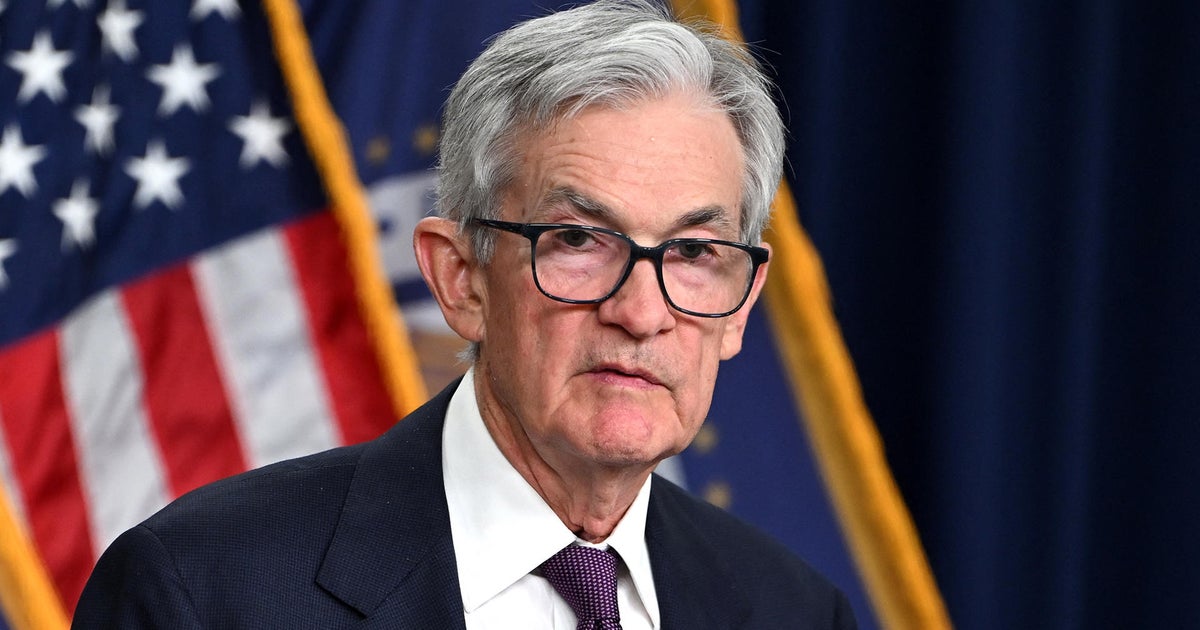CBS News
Man killed during Trump assassination attempt identified as Corey Comperatore

BUTLER, Pa. (KDKA) – One man was killed and two others were critically injured in a shooting at a rally for former President Donald Trump on Saturday night.
Shots rang out at the rally in Butler, and Trump was rushed off stage after a bullet pierced the upper part of his right ear.
One of the victims was identified as Corey Comperatore, according to Pennsylvania Governor Josh Shapiro.
“Corey was the very best of us,” Shapiro said in a news conference on Sunday afternoon. “Corey died a hero. Corey dove on his family to protect them last night. Corey was a girl dad, Corey was a firefighter, Corey went to church every Sunday, Corey loved his community.”
According to the governor, Comperatore was shot while attempting to shield his family from the gunfire.
Governor Shapiro said he is ordering flags to fly at half-staff in memory of Comperatore.
Two other spectators were critically injured and rushed to the hospital.
Thomas Matthew Crooks identified as the shooter
Meanwhile, the gunman was identified as 20-year-old Thomas Matthew Crooks of Bethel Park. The U.S. Secret Service said he was shot and killed by a sniper.
Law enforcement has told CBS News that Crooks opened fire with a semi-automatic AR-15 rifle and the ATF is currently tracing the weapon.
It was also revealed on Sunday that suspicious devices were found in Crooks’s vehicle. He had a piece of commercially available equipment that appeared capable of initiating those devices.
Crooks was killed by a Secret Service sniper at the rally, according to the agency.
This is a developing story, stay with CBS Pittsburgh for the latest.
CBS News
Lawmakers target AI-generated “deepfake pornography”

Watch CBS News
Be the first to know
Get browser notifications for breaking news, live events, and exclusive reporting.
CBS News
A look inside the U.S.-Mexico border

Watch CBS News
Be the first to know
Get browser notifications for breaking news, live events, and exclusive reporting.
CBS News
New details of notorious Captagon drug trade exposed with collapse of Syria’s Assad regime

Damascus — In a remote corner outside Damascus, a now abandoned potato chip factory has shone a light on one of the ousted Bashar al-Assad regime’s many dark, but open secrets.
A CBS News team gained access to the site, finding a storeroom lined with hydrochloric acid and acetic acid on an industrial scale, which are precursor chemicals needed to make Captagon, one of the most popular street drugs in the Middle East and beyond.
Ahmed Abu Yakin is with Syria’s Hayat Tahrir al-Sham, or HTS, one of the main groups in charge of the country after Assad fled on Dec. 8. Yakin says this massive underground stash of Captagon was found just days after the rebel group’s takeover. The pills stuffed into large stacks of household volt regulator kits ready for shipment.
Often referred to as “poor man’s cocaine,” Captagon is a highly addictive amphetamine-type stimulant.
“We feel bad for the young people who were addicted to it,” Yakin said. “The Assad regime was destroying a generation and couldn’t care less. They only cared about making money.”
And that money is staggering. Analysts estimate the Assad regime raked in $5 billion per year from the trade, dwarfing Syria’s official budget and making it a vital lifeline for the bankrupted state. The drug costs just pennies to make but can sell for up to $20 for a single tablet. The haul seen at the abandoned factory is potentially worth tens of millions of dollars.
For years, neighboring countries accused Assad’s Syria of being the world’s main supplier of the illegal drug. In March 2023, the U.S. Treasury Department sanctioned several Syrians for their alleged involvement in the “dangerous amphetamine”, including two of Assad’s cousins.
“Syria has become a global leader in the production of the highly addictive Captagon, much of which is trafficked through Lebanon,” said Andrea Gacki at the time, who was then-director of the Treasury Department’s Office of Foreign Assets Control. “With our allies, we will hold accountable those who support Bashar al-Assad’s regime with illicit drug revenue and other financial means that enable the regime’s continued repression of the Syrian people.”
Now, his wildly lucrative drug business appears to have been crushed, along with his brutal and corrupt regime. For Yakin, Captagon has no place in Syria’s future.
“We will destroy it all,” Yakin said. “We will eliminate anything that has to do with drugs, and anything that has to do with the criminal Assad regime.”







